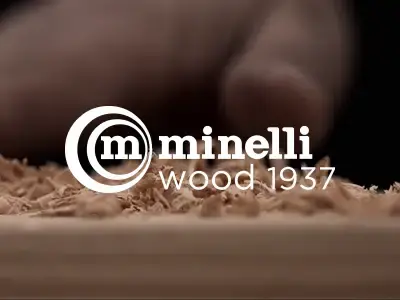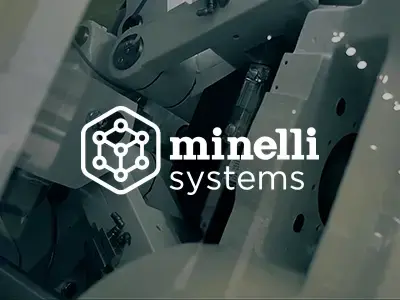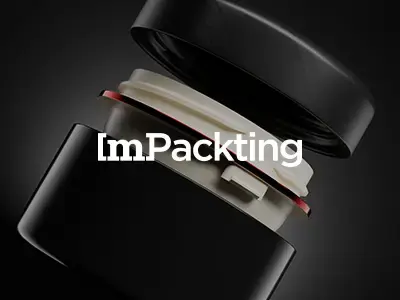 Today, upcycling is gaining significant traction as wood manufacturing companies look for sustainable ways to manage their waste. Wood scraps, once considered mere by-products of the manufacturing process, are now being creatively reused, leading to significant environmental benefits and economic gains.
Today, upcycling is gaining significant traction as wood manufacturing companies look for sustainable ways to manage their waste. Wood scraps, once considered mere by-products of the manufacturing process, are now being creatively reused, leading to significant environmental benefits and economic gains.
In today’s article, we explore how wood manufacturing companies are innovatively transforming wood scraps into valuable products, contributing to the creation of a circular economy model.
Keep on reading!
How wood manufacturing companies deal with waste
The wood manufacturing industry generates a significant amount of waste. Sawdust, off-cuts, and other wood scraps often accumulate in large quantities, with consequent disposal challenges. Traditionally, these by-products might end up in landfills or be incinerated, contributing to environmental pollution and wasting potential resources. However, many custom wood products manufacturers are now turning to upcycling as a solution.
What does upcycling mean?
Upcycling involves transforming waste materials into new products of higher value or quality.
Unlike recycling, which often breaks down materials into their base components, upcycling maintains or enhances the original material's integrity. In the context of wood manufacturing, upcycling wood scraps can create a variety of high-quality, innovative products.

In the following section, we look at how wood manufacturing companies can use wood scraps in innovative ways.
Furniture and home décor
One of the most popular ways to upcycle wood scraps is by creating furniture and home décor items. Smaller pieces of wood can be joined together to form larger, usable panels, which can then be crafted into tables, chairs, shelves, and other furniture. Additionally, unique home décor objects such as picture frames, candle holders, and wall art can be made from wood off-cuts. This not only reduces waste but also provides consumers with distinctive, custom wood products.
Composite wood products
Wood scraps can also be used to manufacture composite wood products. By combining wood fibers with resins or other binding agents, companies can produce materials such as particleboard and medium-density fiberboard (MDF). These products are widely used in construction and furniture-making due to their strength, durability, and cost-effectiveness. Utilizing wood scraps in this way maximizes resource efficiency and reduces the demand for virgin timber.
Wood pellets and biofuel
Another innovative application of wood scraps is the production of wood pellets and biofuel. Wood pellets, made from compressed sawdust and small wood particles, serve as a renewable energy source for heating and electricity generation. Biofuel derived from wood waste can be used in industrial processes and even as an alternative to traditional fossil fuels in certain applications. By converting wood waste into energy, companies contribute to a reduction in carbon emissions and promote sustainable energy practices.

Packaging and pallets
Wood scraps can also find new life in the form of packaging materials and pallets. Wooden crates and pallets made from off-cuts and reclaimed wood are sturdy, reusable, and environmentally friendly alternatives to plastic or metal options. By utilizing wood scraps in packaging, companies can reduce their environmental footprint and promote sustainable practices throughout their supply chains.
Personal care products
The personal care industry is increasingly adopting sustainable production methods, with upcycling playing a pivotal role in this shift. Converting discarded wooden pallets into brushes and other accessories addresses waste disposal challenges while reducing reliance on synthetic and polluting materials like plastic. Using wood, which is renewable and biodegradable, significantly lowers the industry's ecological footprint. These upcycled brushes not only cater to the growing demand for sustainable products but also exemplify a more ethical production model. Their strength and durability ensure that consumers do not have to compromise on quality or functionality to support greener practices.
.jpg?width=500&height=289&name=IMG_3999%20(1).jpg)
Benefits of upcycling wood scraps
Environmental impact
Upcycling wood scraps significantly reduces the amount of waste that might end up in landfills. By doing that, wood manufacturing companies help mitigate pollution and decrease the overall environmental impact of their operations. Moreover, upcycling promotes the sustainable use of resources, reducing the need for additional logging and preserving forest ecosystems.
Economic advantages
From an economic perspective, upcycling wood scraps can be highly advantageous. By turning waste into valuable products, companies can create new revenue streams and improve their profitability. Additionally, upcycling can reduce waste disposal costs, as less material needs to be transported and managed. The production of high-value goods from low-cost waste materials can also give companies a competitive edge in the market.
Innovation and brand image
Embracing upcycling fosters a culture of innovation within companies. Finding creative ways to repurpose wood scraps encourages problem-solving and can lead to the development of new products and markets. Moreover, companies that prioritize sustainability and resource efficiency can enhance their brand image, appealing to environmentally conscious consumers and stakeholders.
Minelli stands out as one of the few companies to have obtained all the necessary certifications and permits to reuse pallets in the production of products. This positions the company at the forefront of upcycling in the wooden goods manufacturing industry, confirming its commitment to sustainable and responsible practices.
If you would like more information about Minelli's products or their upcycling practices, please feel free to contact us: our experts are always available to provide details and support!







